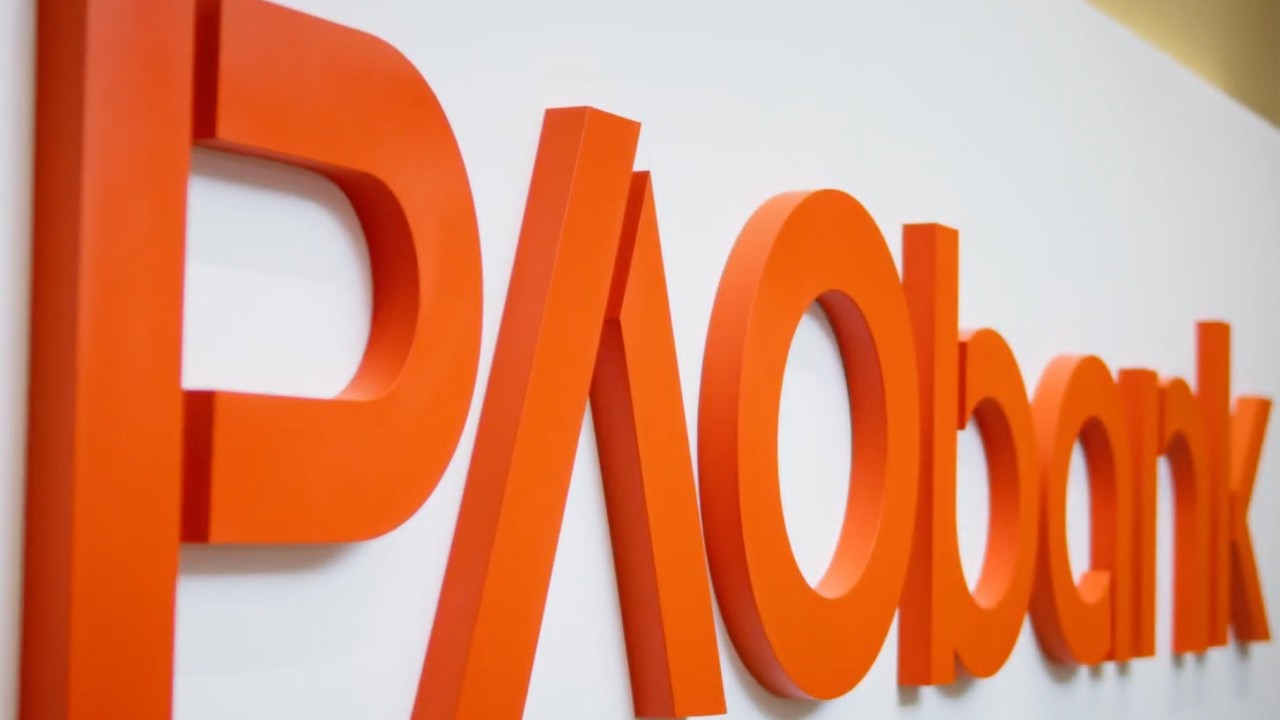
Ping An Insurance-backed financial services provider Lufax Holdings is set to acquire Hong Kong virtual lender Ping An OneConnect Bank (PAOB) from OneConnect Fintech Technology for HK$933 million (US$119.5 million).
PAOB is indirectly owned by Ping An, China’s largest insurer, through OneConnect, which the insurer controls. While Lufax lends to small businesses on the Chinese mainland, PAOB offers virtual banking services primarily to small and medium-sized enterprises (SMEs) in Hong Kong.
An overlap in services and target customers will help PAOB “synchronise well” with Lufax’s existing operations, it said in a filing to the Hong Kong stock exchange on Tuesday. “Both [Lufax] and PAOB share the same vision of using technology to empower financial services and improve customer experience,” Lufax added.
As of June 30 this year, PAOB had a loan balance of HK$1.8 billion and a capital adequacy ratio of 100 per cent, “which was substantially higher than the relevant regulatory requirement”, Lufax said. The ratio measures the amount of capital a bank retains relative to its risk and is an indicator of how well a bank can meet its obligations.
The proposed acquisition comes as Ping An reshuffles its investment portfolio and enhance its revenue-generating capacity, while cutting its exposure to China’s heavily indebted property sector.
Last week, Ping An said it no longer held a stake in Country Garden Holdings, which was once China’s largest developer and is now mired in a debt crisis. The Shenzhen-based insurer also denied being asked by regulators to take over the developer, which would have signalled an attempt by the authorities to rescue the country’s cash-squeezed property sector.
Hong Kong virtual bank Ping An OneConnect to expand lending to retail SMEs
As of the end of last year, Ping An’s real estate investments accounted for 4.7 per cent of its 4.37 trillion yuan investment portfolio. Of its real estate investments, 60 per cent was allocated to physical buildings and the rest went towards securities issued by developers or other property assets, according to the company’s statements.
Ping An’s attempts to reshuffle its investment portfolio extend beyond the property sector. For over a year, the insurer has been urging HSBC – in which it owns an 8 per cent stake – to spin off its business in Asia to unlock higher returns. However, this proposal was rejected by HSBC in May on the grounds that a spin-off would cause material loss of value for shareholders. HSBC also rejected Ping An’s call for the bank to pay higher dividends.
In February, Ping An told the Post in an interview that it would increasingly focus its investments on rental income property rather than developers, after one of its portfolio companies, China Fortune Land Development, took a massive hit and saw its senior executives detained by the authorities for suspected breaches of the law.
Hong Kong virtual banks ‘likely to develop as big players’ even after 2022 losses
Ping An, which had total assets worth 11.5 trillion yuan and more than 229 million retail customers as of the end of June, has been putting 1 per cent of its annual revenue in fintech and healthcare-related research and development in recent years, according to media reports. The company has several units listed in New York and Hong Kong, including Lufax, OneConnect and Ping An Healthcare Technology.
FOLLOW US ON GOOGLE NEWS
Read original article here
Denial of responsibility! Chronicles Live is an automatic aggregator of the all world’s media. In each content, the hyperlink to the primary source is specified. All trademarks belong to their rightful owners, all materials to their authors. If you are the owner of the content and do not want us to publish your materials, please contact us by email –
chronicleslive.com. The content will be deleted within 24 hours.


